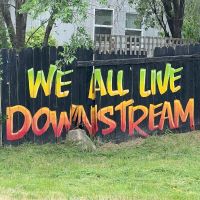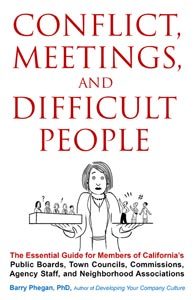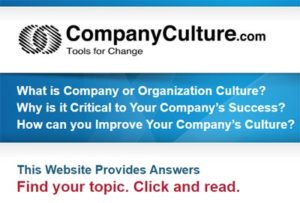 Two close friends recently had their homeowner’s insurance canceled. One lives in Berkeley, the other in Rohnert Park. I mentioned this to a friend, who replied that his insurance rates recently tripled. What’s going on?
Two close friends recently had their homeowner’s insurance canceled. One lives in Berkeley, the other in Rohnert Park. I mentioned this to a friend, who replied that his insurance rates recently tripled. What’s going on?
To understand property insurance cancellations, or any event, step back and look at the situation that caused it. One good starting place is always the money trail.
Insurance companies can’t continue paying extraordinary forest-fire-related losses. After all, it’s their corporate responsibility to cut risk and losses. Canceling policies is simpler than increasing rates to unacceptable and politically dangerous levels.
The increasing frequency and intensity of forest fires come from climate change. Behind that is industrial pollution. This includes manufacturers saving money by dumping, not treating their waste products, and making polluting products, such as gasoline-powered cars, that are cheaper to make, sell in higher volumes, and are therefore more profitable. Supporting all this are you and me, the consumers, who prefer the lower-priced item resulting from companies externalizing costs, i.e. dumping.
But it’s a shell game. The expression, “What you lose on the swings you make up on the roundabouts (merry-go-rounds)”, we could rewrite as, “What we save with low-priced consumer products, we pay for with higher insurance rates.”
“Exporting” Pollution
 Some history. Decades ago, American companies began exporting manufacturing. The reasons were low labor costs, and few environmental regulations. We still consume the products, but we pretend the pollution is someone else’s. Globally, the big upside was lifting billions of Asians from poverty into the middle class. Unfortunately, many displaced Americans became vulnerable to right-wing hucksters.
Some history. Decades ago, American companies began exporting manufacturing. The reasons were low labor costs, and few environmental regulations. We still consume the products, but we pretend the pollution is someone else’s. Globally, the big upside was lifting billions of Asians from poverty into the middle class. Unfortunately, many displaced Americans became vulnerable to right-wing hucksters.
A similar industry migration happened here at home when Louisiana defunded the state agency responsible for Federal EPA enforcement. In moved heavily polluting industries such as petrochemical, glass, and paper. What were pristine bayous, became deadly cesspools.
 Togetherness
Togetherness
On the Gravenstein Highway connecting Sebastopol to US 101 in Sonoma County there is a colorful sign, “WE ALL LIVE DOWNSTREAM.” Translation, no one can avoid the effects of climate change. But in the shell game of avoiding costs and passing clean-up expenses to others, who ends up the winners and losers, and why?
That’s a terribly complex question involving cultural assumptions and beliefs, capitalism, tribalism, human nature, who pays what, and when the payments come due. Right now, the big winners seem to be corporations and those of us whose wealth protects us from more severe climate-related consequences. The big losers are the planet’s defenseless animals and plants, and poorer people and nations, the 95% who can’t afford protection.
You Can’t Fool Mother Nature
It was the ecologist Barry Commoner who included, “There’s no such thing as a free lunch” in his four laws of ecology. (The other three; ‘Everything is connected to everything else’, ‘Everything must go somewhere’, and ‘Nature knows best’.)
Canceled homeowners’ insurance is a first-world problem. We have a roof over our heads. Cancellations are just one of the cascading, expanding, and endlessly surprising consequences of corporate cost-cutting (dumping) and our enthrallment with (unsustainable) consumption. Personally, I regularly confuse my wants with real needs.
Looking in the mirror
Though blaming is a national sport, there’s no one to blame for climate change. We are all in this together. Culture comes as whole cloth. Pull on one thread and you find it’s linked to every other thread. It’s all too easy to point our finger at, for example, the oil industry, and ignore our lust for that gas-guzzling SUV, and a single house on a quarter-acre lot in a distant suburb.
The consequences of the pollution that comes with an unsustainable consumer culture are global issues, and we don’t do global very well. There’s no effective solution. In the short run, adjusting is painful, but in the long run, we’ll be long gone, our descendants will adapt to whatever world they inherit, and non-human organisms will do what they have always done under assault — survive or die, adapt, and with enough time, evolve.
Though I long for tomorrow to be like yesterday, my reasonable self tells me that’s fantasyland. Meanwhile, my emotional self wants that free lunch.
Thank you for reading.
Barry
Add Your Name below to my list to know when I have posted a new blog.




